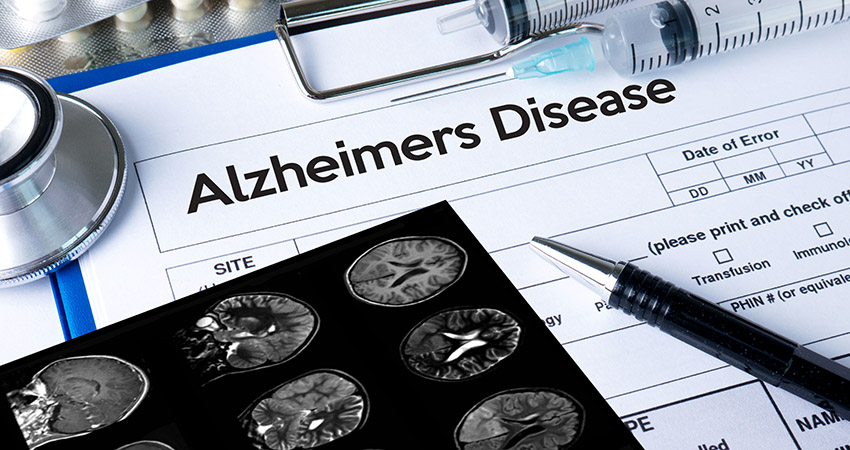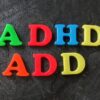A team of researchers who released their recent findings in Nature Aging showcased how declines in a measure of brain network organization precede cognitive impairment observed among older adults.
The study also determined that brain network declines are more profound among people with lower educational attainment. indicating how the social environment may speed up the process of brain aging.
“Longitudinal imaging-based measures of brain structure and function were examined in adult individuals (baseline age, 45–86 years; two to five visits per participant over 1–9 years),” according to researchers.
“College degree completion differentiates individual-based and neighborhood-based measures of socioeconomic status and disadvantage.”
From the findings, it was affirmed that lower education means a higher risk for dementia among older adults.
“These results demonstrate that the trajectory of an individual’s brain network organization varies in relation to their educational attainment and, more broadly, is a unique indicator of individual brain health during older age.”


